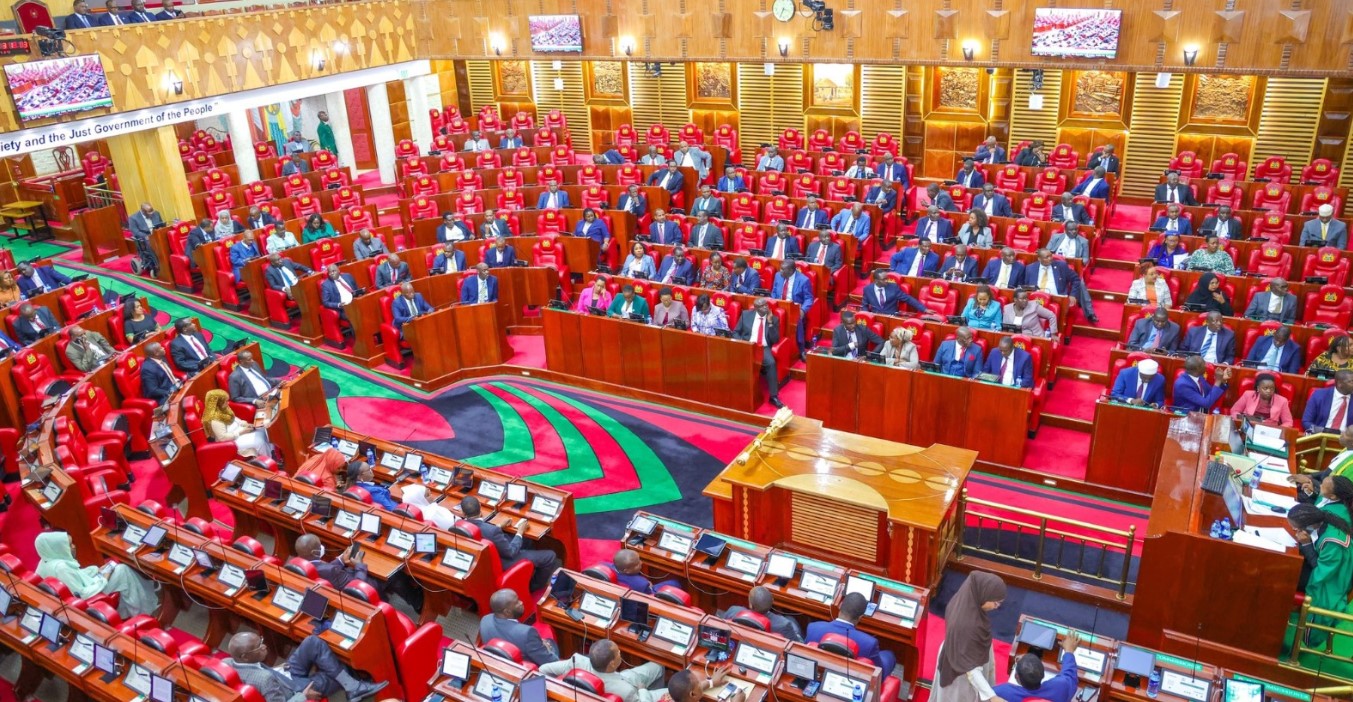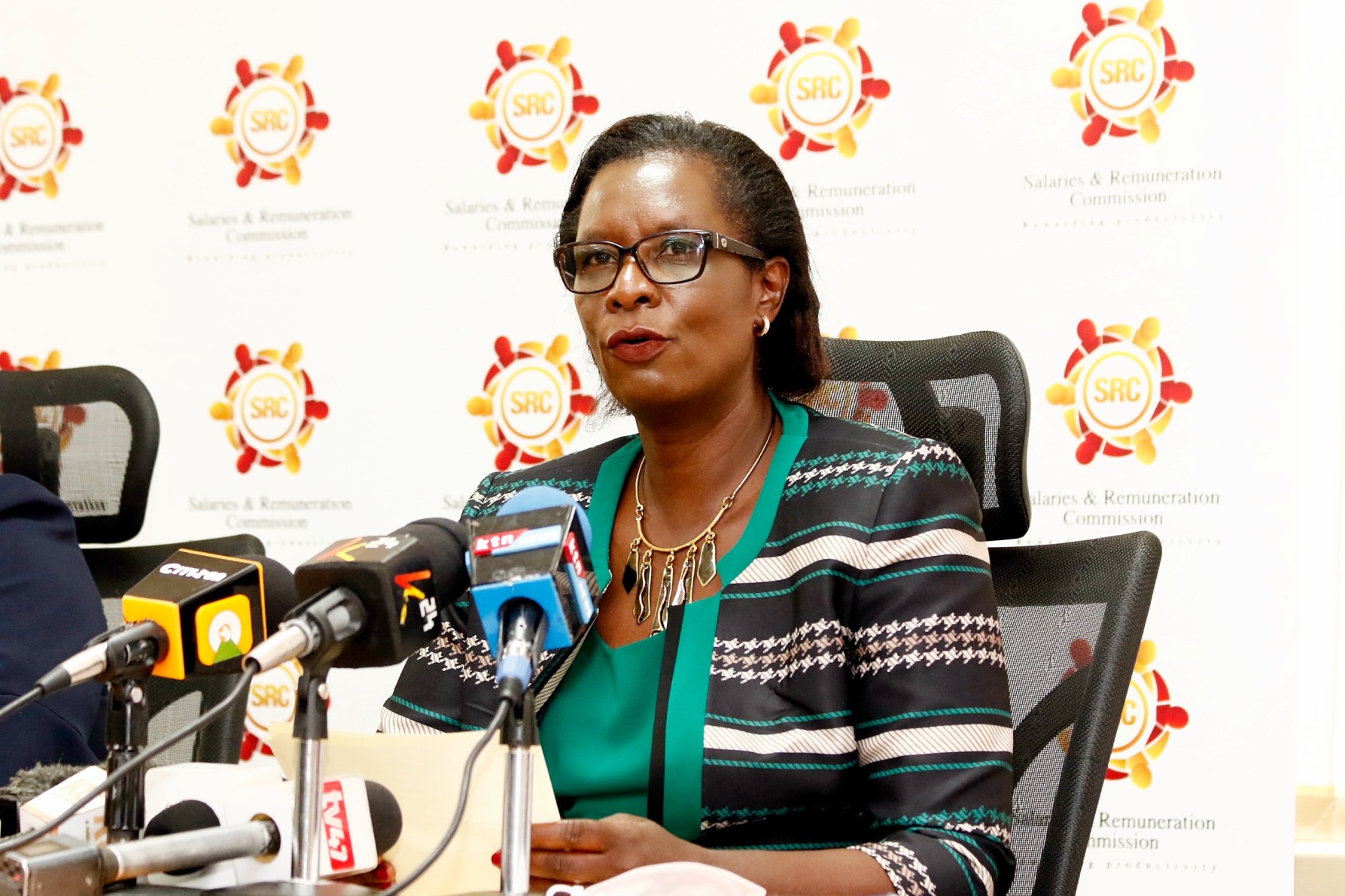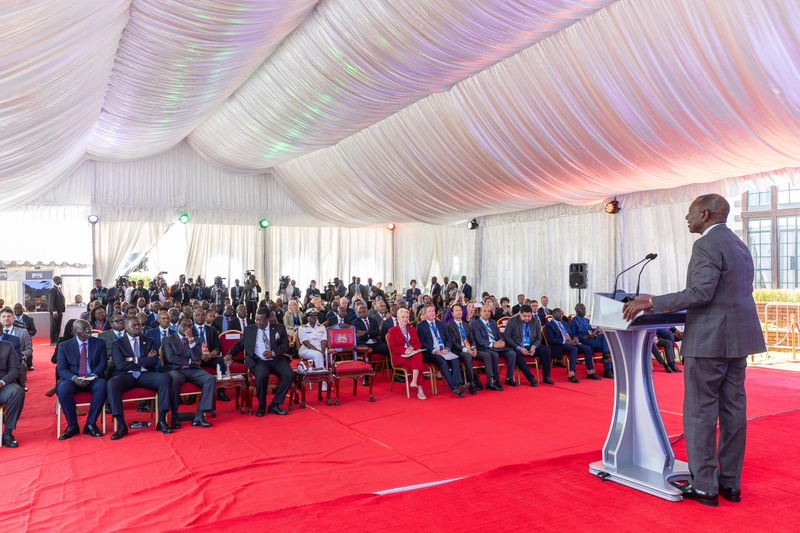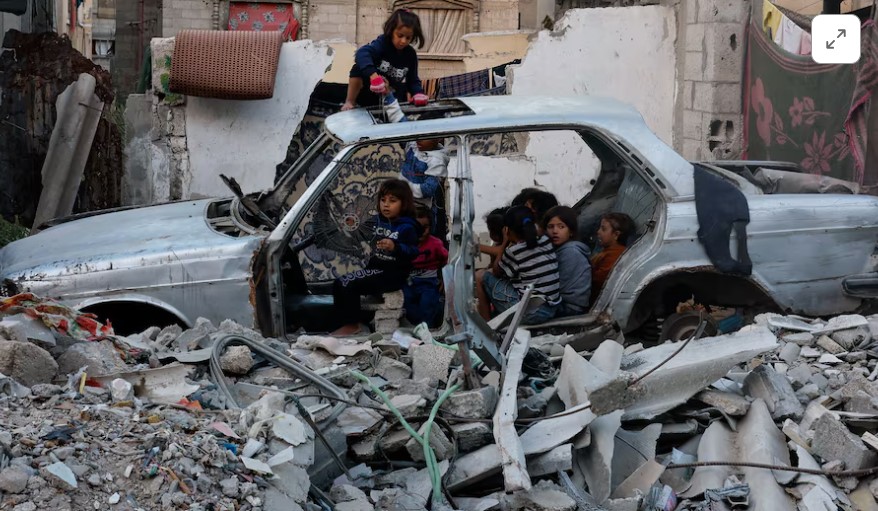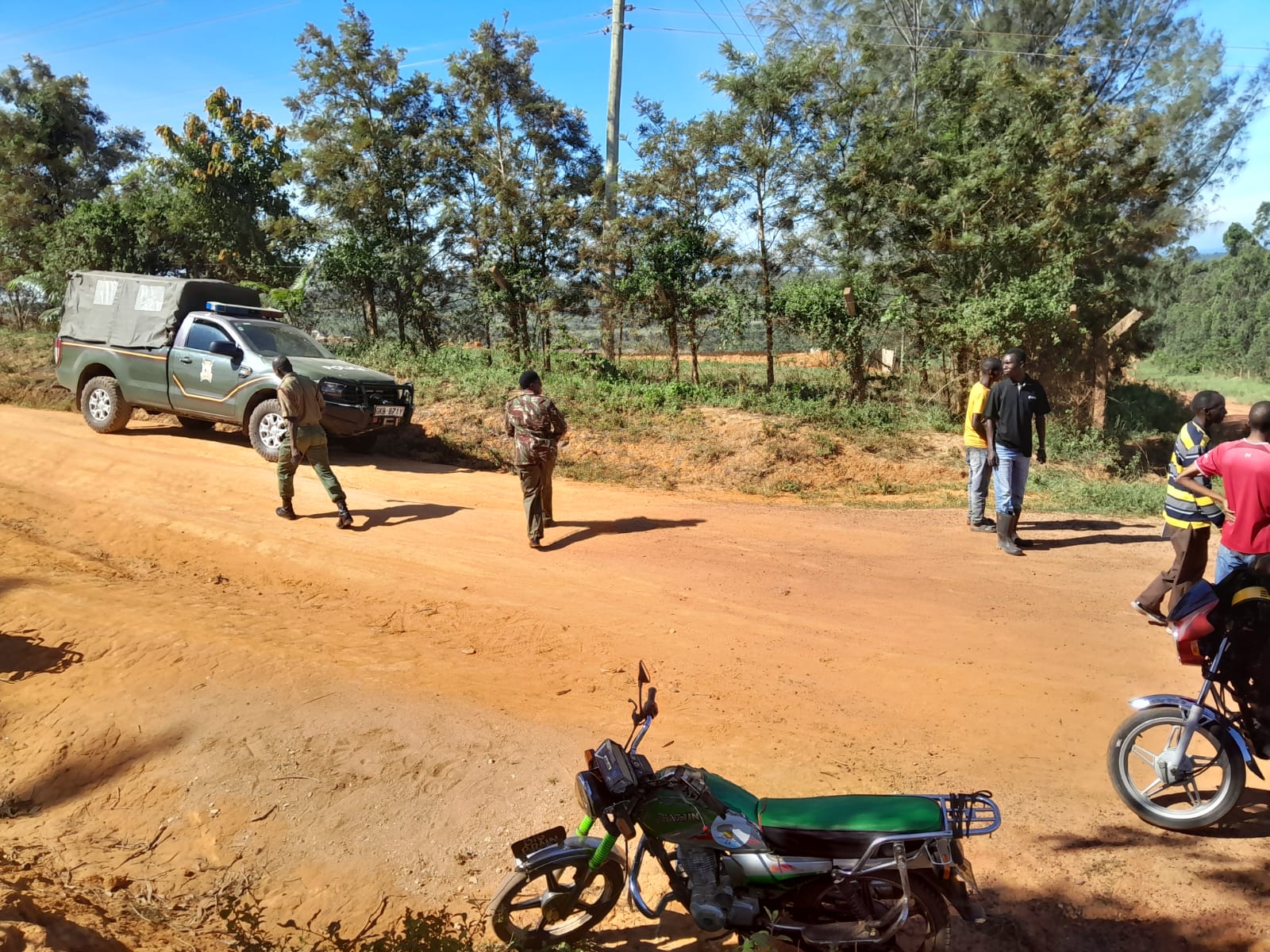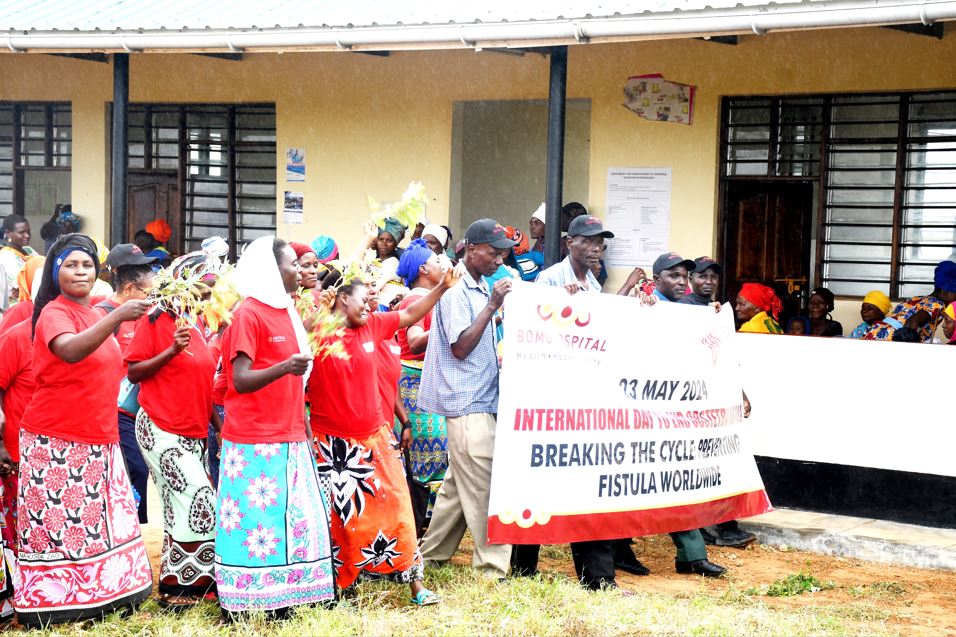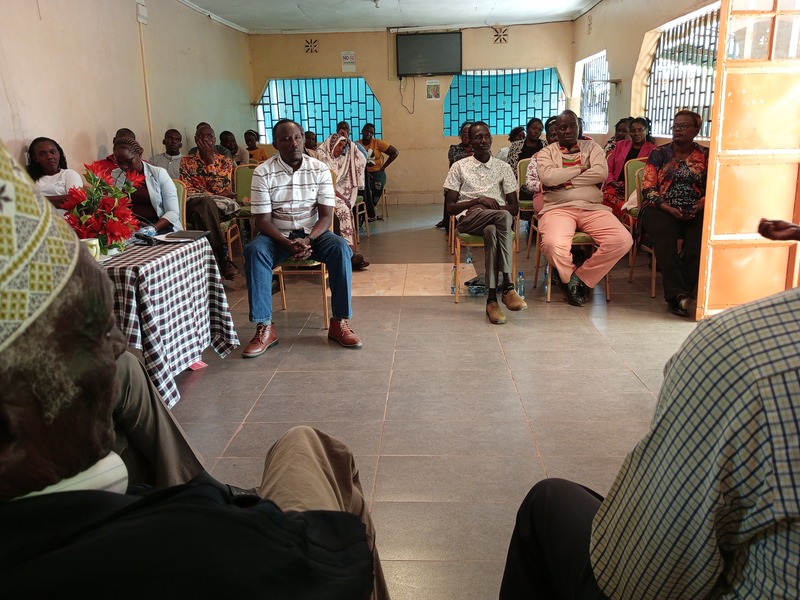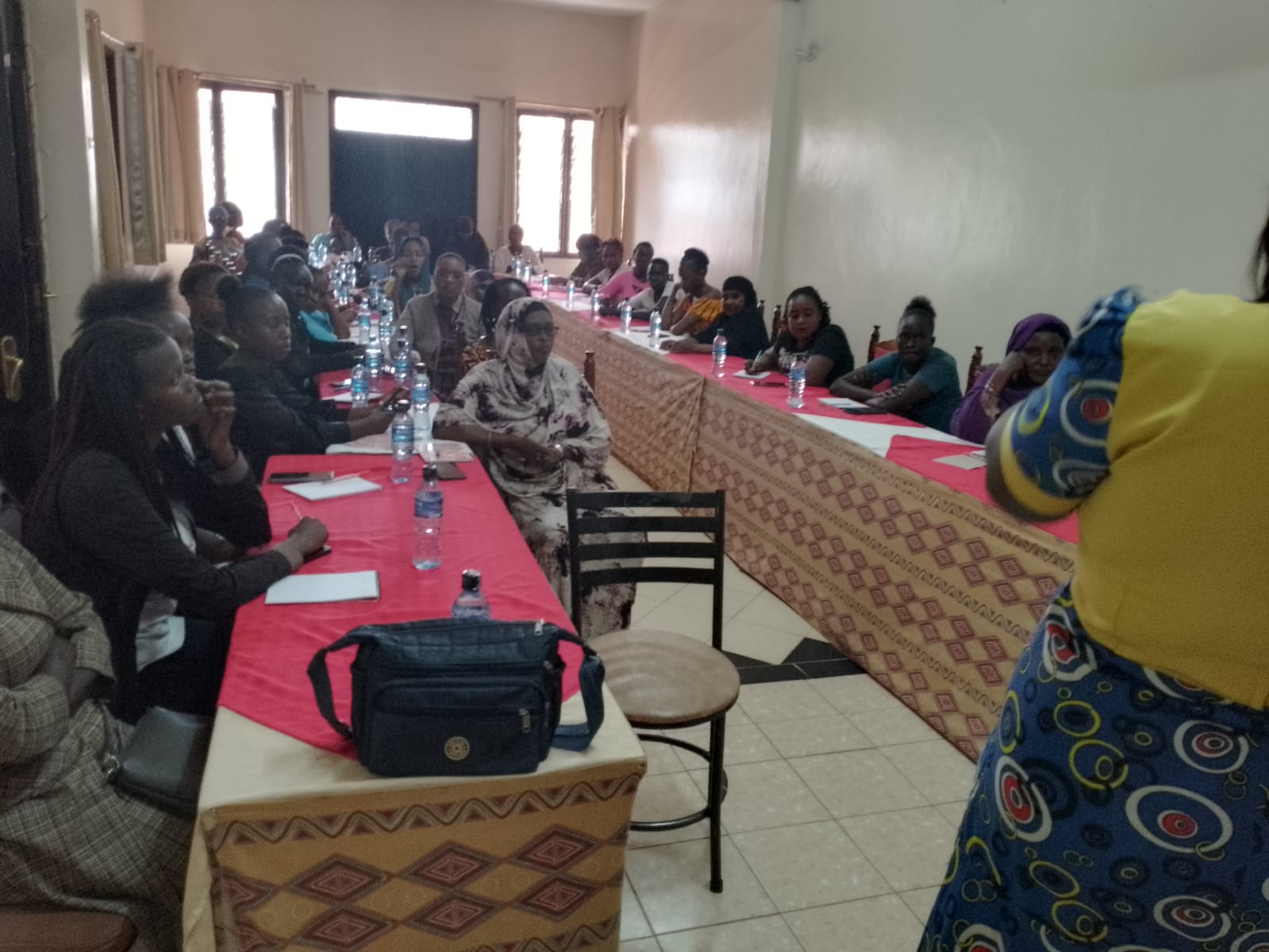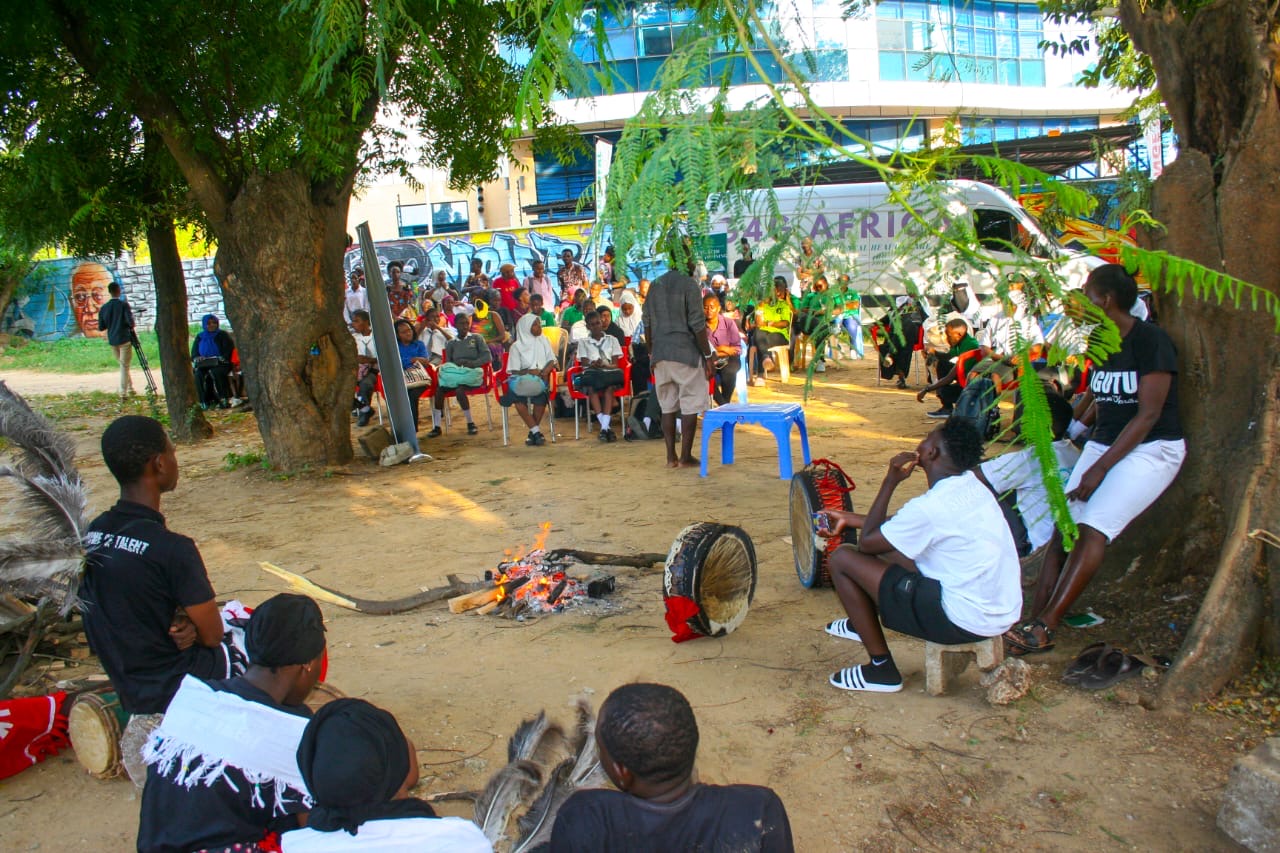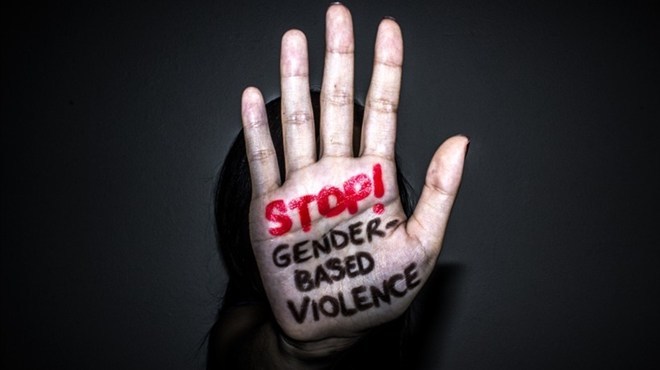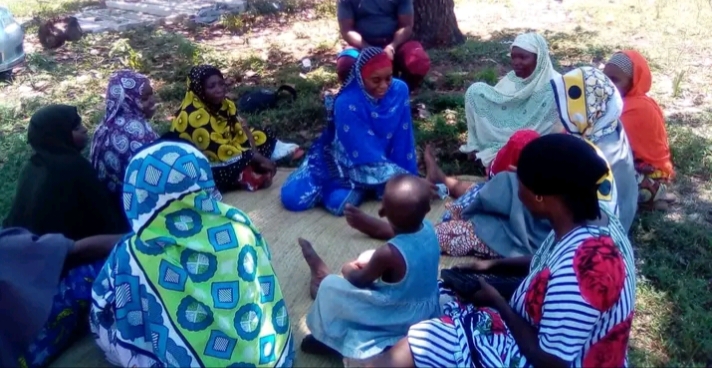Universities urged to create gender resource centres amid rising GBV cases
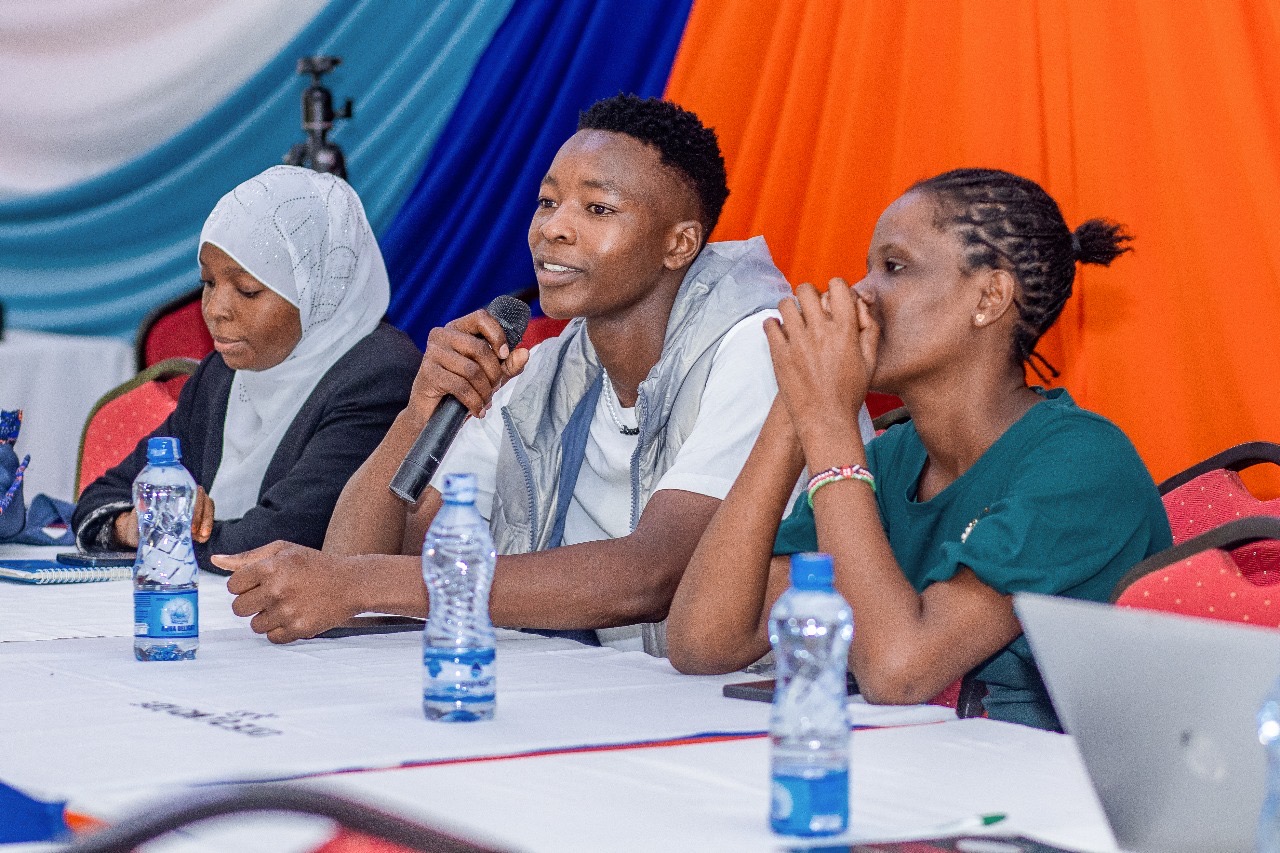
By Farhiya Hussein |
The calls for action come as GBV cases continue to rise, prompting urgent appeals for more comprehensive support mechanisms in higher education settings.
Educational institutions are under increasing pressure to set up gender resource centres on their campuses to tackle the escalating cases of gender-based violence (GBV).
The centres aim to simplify the process for students to report incidents and enable universities to monitor and address cases more effectively.
Keep reading
- Garissa County honours 31 heroes in the fight against gender-based violence
- Athlete Cheptegei's family blames police for failing to protect her before tragic death
- Samburu women boost economic prospects through savings and loan model
- WHO says no country on track to end violence against women by 2030
Rev Dr Dorcas Juma, a senior lecturer at Pwani University, warned that cases of GBV in universities are reaching alarming levels.
Speaking at an Art and Feminist Workshop organised by the Wikimedia Kenya User Group at Pwani University, she said, "There has been a significant increase in GBV cases at higher learning institutions, and we need urgent measures to address this issue."
Dr Juma called for the integration of GBV awareness programmes during orientation weeks, explaining, "New students must be sensitised on the issue as soon as they join."
University curricula
She also recommended incorporating GBV topics into university curricula and urged institutions to collaborate with county governments.
"County gender departments can play a critical role in combating GBV, and institutions should form partnerships to leverage this support," she added.
Winnie Kabintie, co-founder of the Wikimedia Kenya User Group, echoed these concerns, criticising existing GBV laws as "weak and poorly enforced."
She called for stronger legislation and stricter penalties for offenders while pointing out that many of the gender desks at police stations lack staff with the interpersonal skills necessary to create a safe environment for victims.
"The stigma surrounding GBV in higher learning institutions makes it difficult for many students to report incidents," Kabintie said.
Brian Salano, an Information Science student at the Technical University of Mombasa, highlighted the challenges faced by male victims of GBV, stating, "Men often feel ashamed to come forward."
He stressed the importance of establishing guidance and counselling programmes in universities to support all victims. "Training lecturers and student leaders in confidentiality is vital to ensure that cases are handled appropriately," he said.
The calls for action come as GBV cases continue to rise, prompting urgent appeals for more comprehensive support mechanisms in higher education settings.
Reader comments
Follow Us and Stay Connected!
We'd love for you to join our community and stay updated with our latest stories and updates. Follow us on our social media channels and be part of the conversation!
Let's stay connected and keep the dialogue going!

